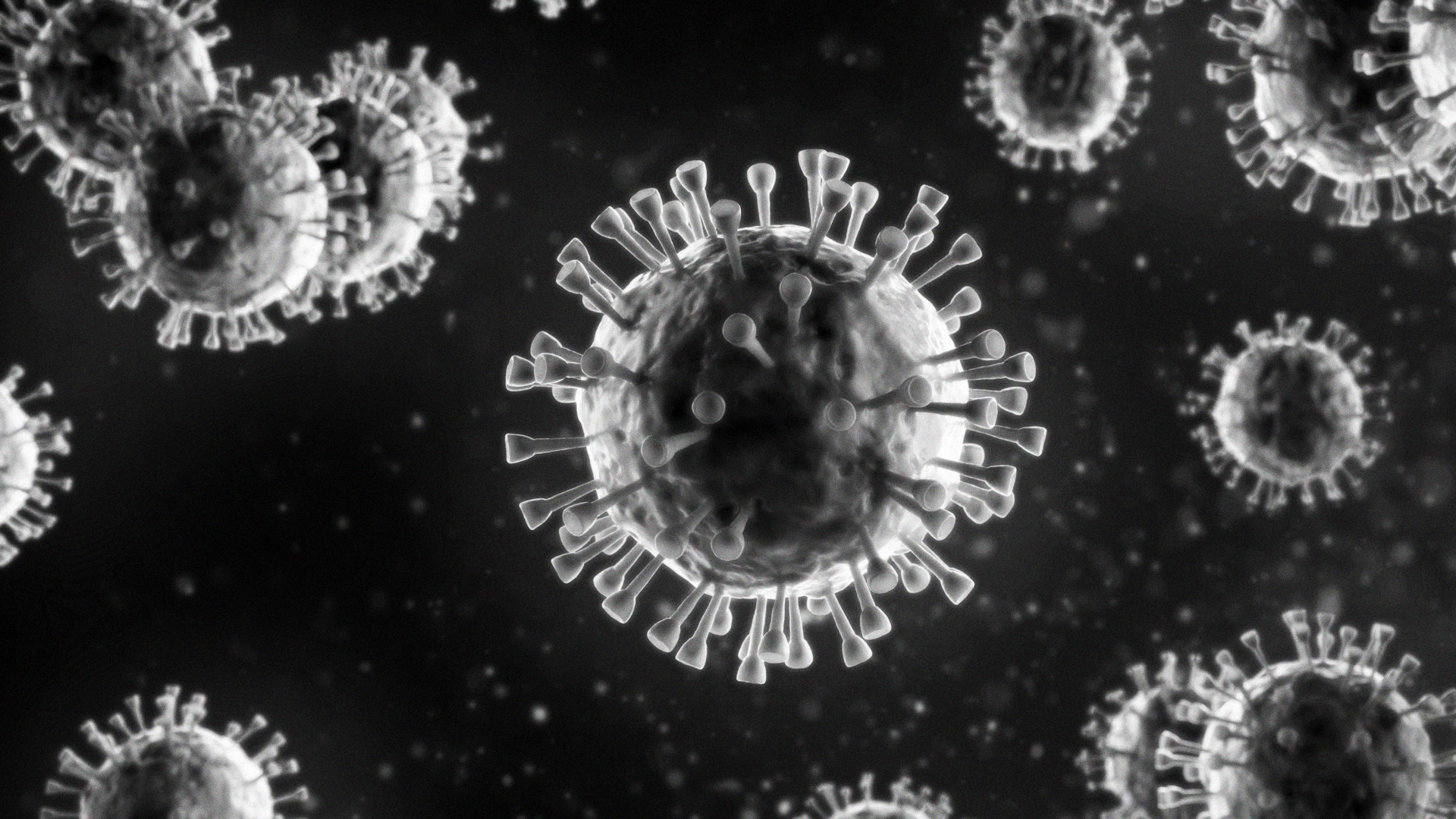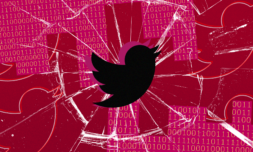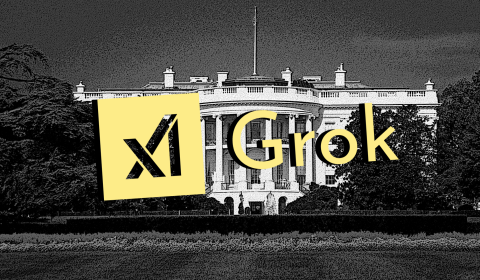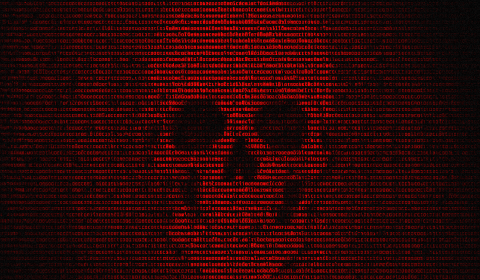According to British authorities, Russia is sponsoring hacking group APT29 who’re attacking British, US, and Canadian medical organisations.
The UK’s National Cyber Security has publicly stated that drug companies and research groups focusing on a Covid-19 vaccine have been targeted by a hacker group called APT29.
Known in hacking circles as the Duke or Cozy Bears, APT29 are sponsored by the Russian state and are considered a particularly troublesome collective when it comes to Western politics and institutions. They were responsible for numerous targeted incidents with the US Democratic Party in 2016 and hacked into White House networks in 2015.
It’s not publicly known if any sensitive medical information or records have been obtained by APT29, though any kind of infiltration into official medical work is worrying.
Russia has, in typical fashion, denied any involvement. Dmitry Peskov, a Russian spokesperson, told TASS news agency that ‘Russia has nothing to do with these attempts. We do not accept these accusations’. They’ve followed a similar stance for every other breach in the last five years.
Meanwhile, the UK’s foreign secretary Dominic Raab described the attacks as ‘completely unacceptable’ and stressed that the UK will ‘continue to counter those conducting cyber attacks’.




















